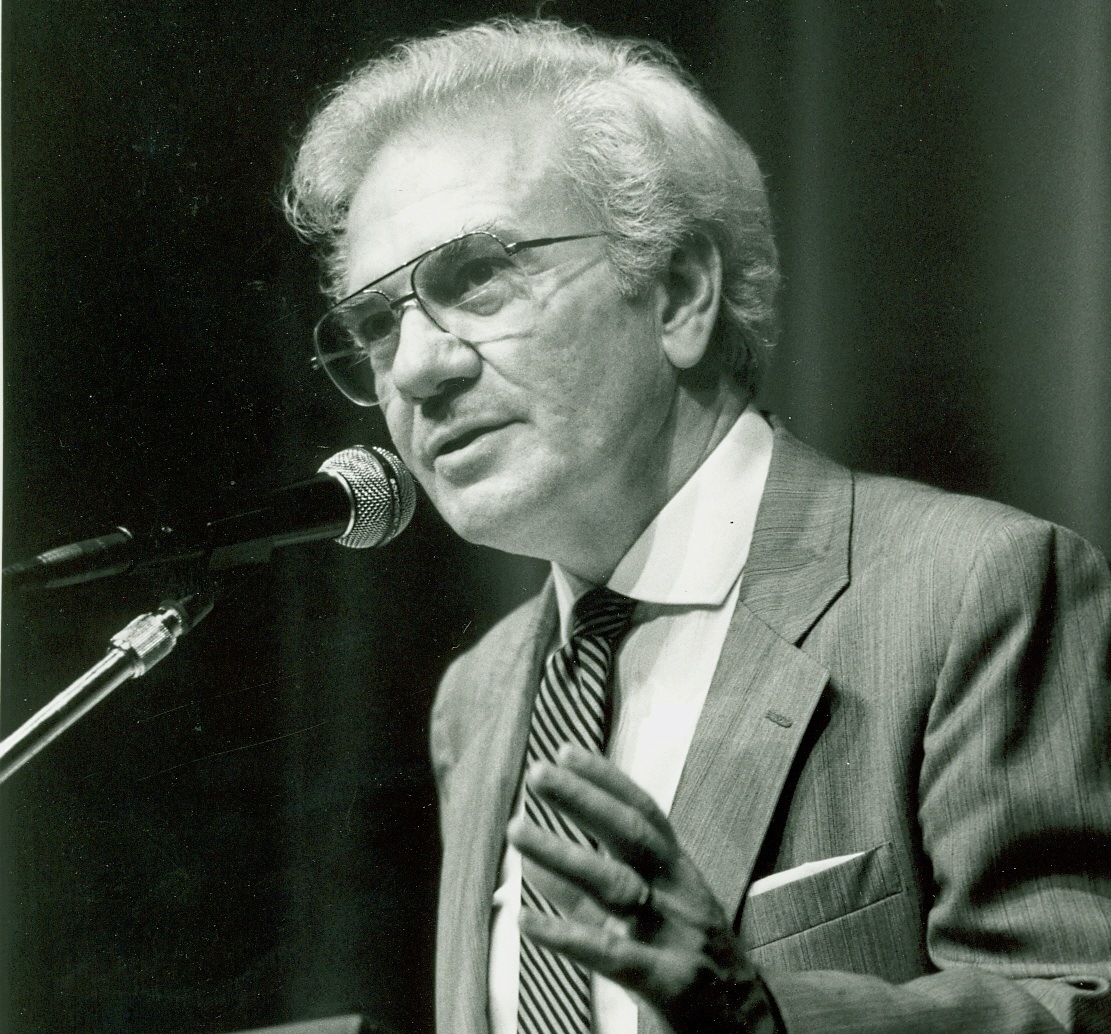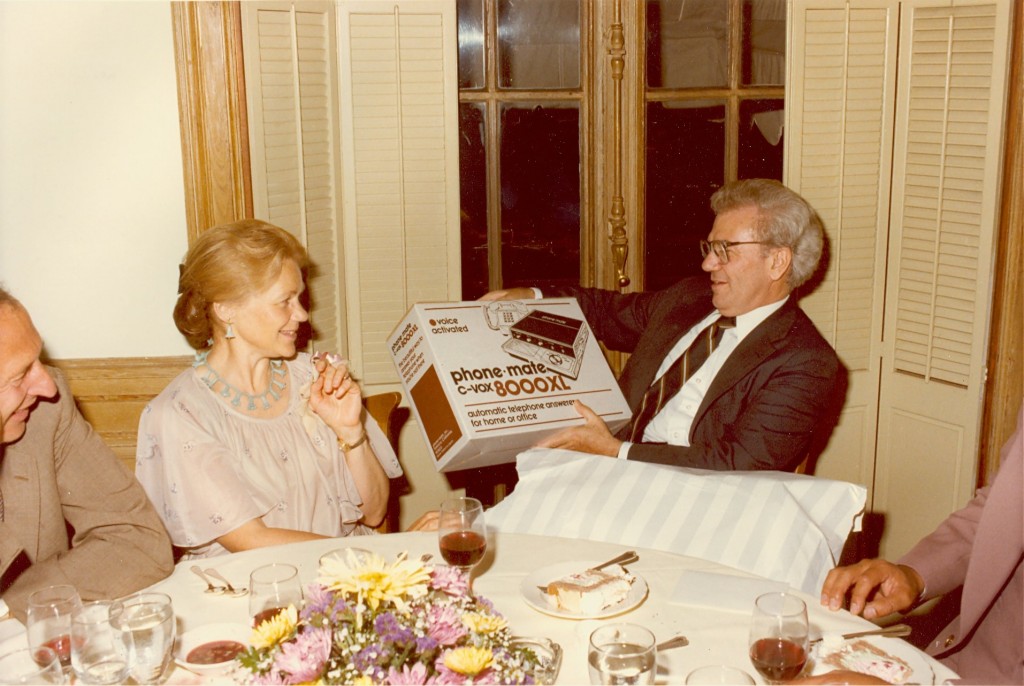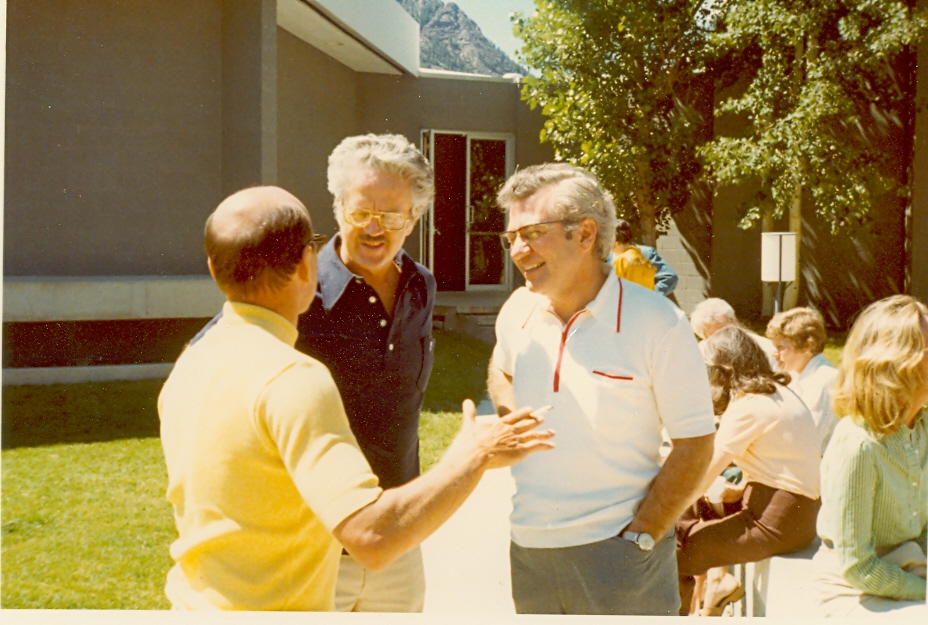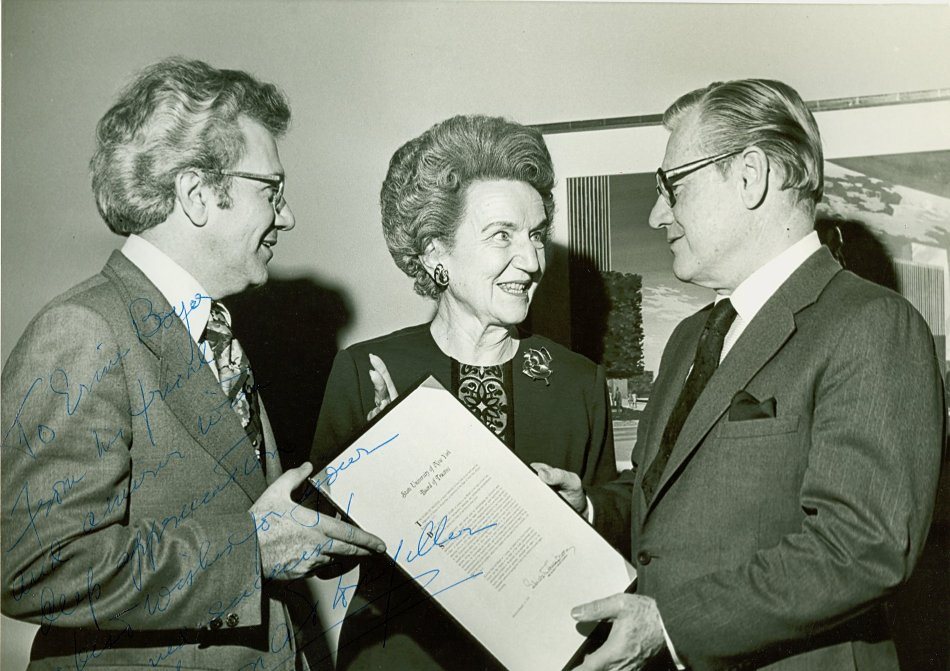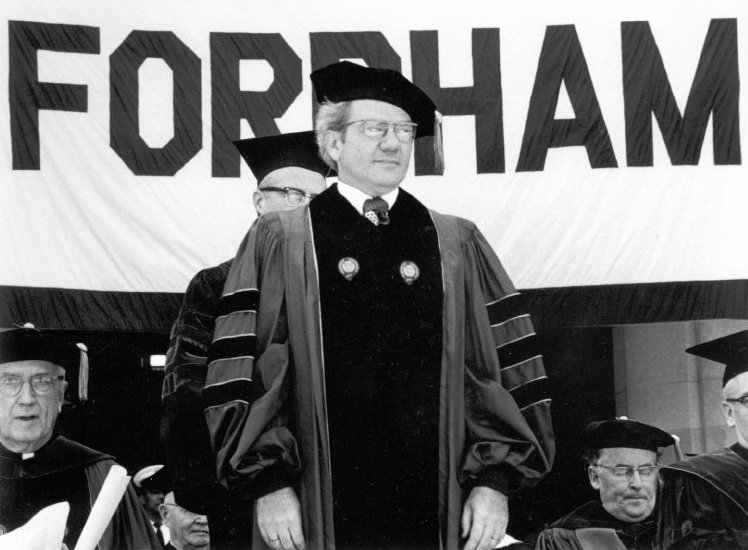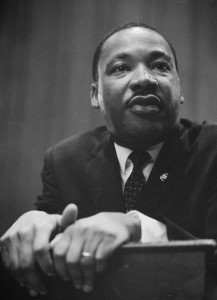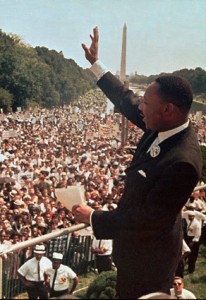Today’s Photo Friday post features a scenic view of the River Cam, which cuts through the campus of Cambridge University in England. This photo was taken in 1976 when Ernie Boyer, his wife Kay, and their son Stephen were living in Cambridge while Ernie was on sabbatical through a fellowship with the university.
The relaxing views Boyer saw, like the on featured today, would have made great spot for reflecting on all of the ideas regarding education that he had accumulated during his time as Chancellor of the State University of New York (SUNY). Fortunately Boyer’s sabbatical also allowed time for him to put these ideas on paper. With the help of Martin “Marty” Kaplan, Boyer published one of his first book-length writings, Educating for Survival (1977). This work reveals some of Boyer’s basic thoughts about education, what it means to be educated, and even what it means to be human.
Yet it seems to me that these ideas might be summed up in one word: connections. Boyer expresses these ideas in a speech he gave to the United Nations Association in 1980. He stated:
There are two dramatic currents in the world today, currents that seem almost to be on a collision course. On the one hand we seem increasingly to want to fragment ourselves and build artificial barriers. While on the other hand the need for more togetherness becomes more and more urgent. I believe the task before us is- quite literally- educating for survival….
For educators the point of all of this is absolutely clear. I’m convinced that in the days ahead- students must be taught that all actions on this planet, whether physical or social, are inextricably interlocked. And I believe that international education which underscores the rule of law must be aggressively preserved. Well to be precise, I must confess that international education may not quite be the term. Students must consider not just the relationships of nations. They must also focus on the agenda of humanity itself.
Throughout the speech, Boyer gives numerous examples to show the need for students to understand their connection or lack of connection with the rest of the world, and the implications of these realities. In other words, if we learn from our connections with others, we can work together to provide a sustainable and civil global community. Thus we must ask questions such as, where will we get our food? How can our energy be equally shared? Can we have a balance between the population and the life support system of the earth? Boyer demonstrates the importance of this issue of connectivity simply through the title of this speech, “Educating for Survival.”
Therefore, today’s post demonstrates Ernie Boyer’s more philosophical thoughts on education and the seriousness with which he associated education with the world in which we live.
To read the rest of Boyer’s speech, click here.
